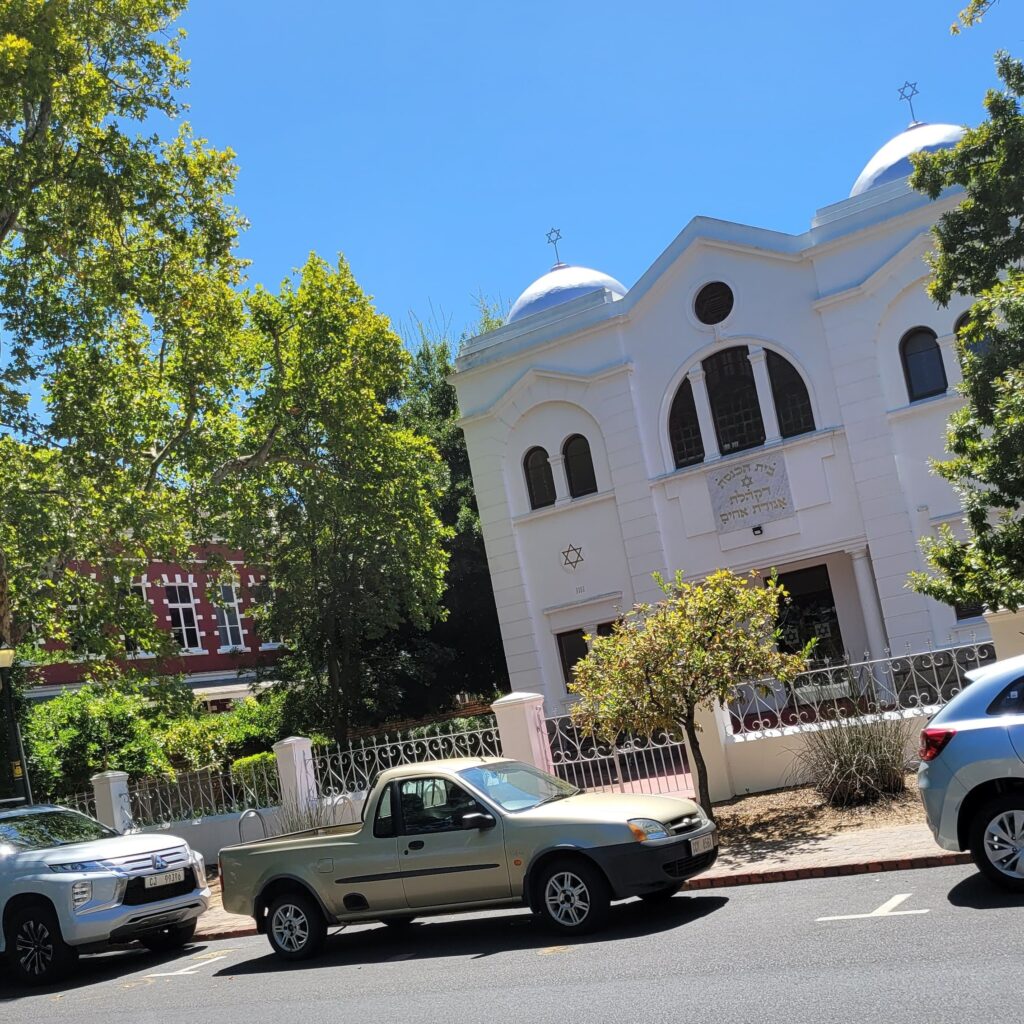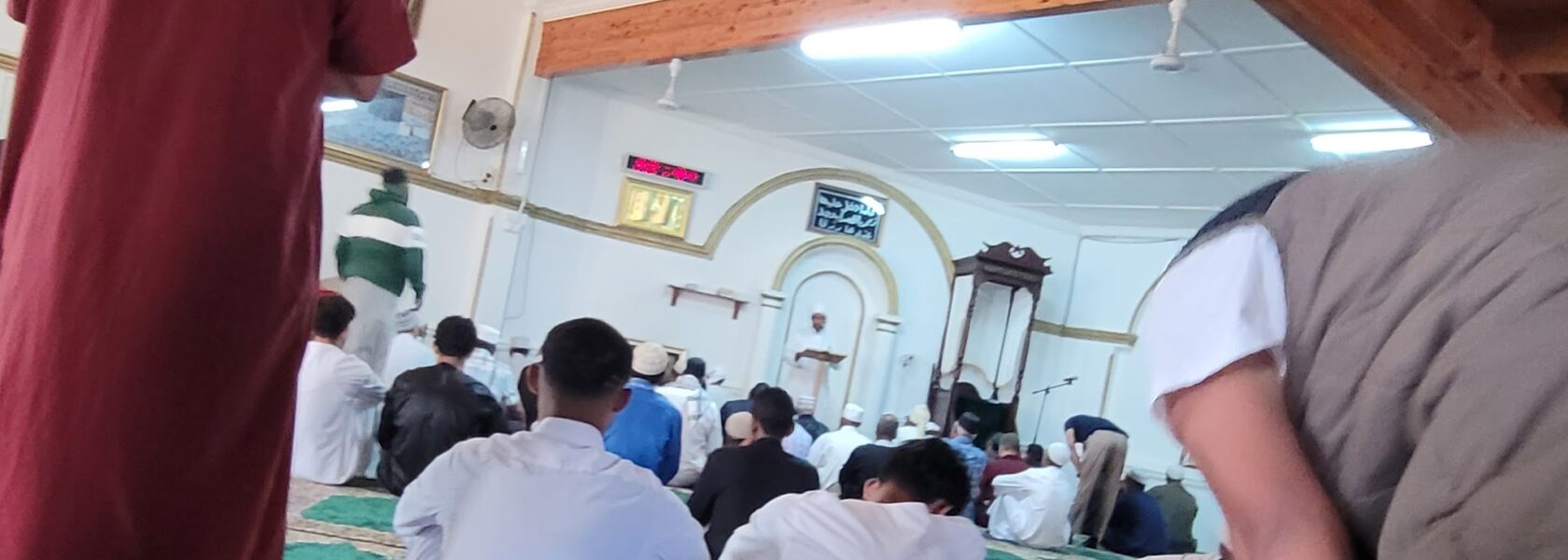From Naantali to Genadendal
April 8, 2025
Despite the common ground, the name of the Valley of Grace, they are continents apart. Despite being continents apart, they belong to the same earth. Despite the common earth, there are differences, different perspectives and understandings. How do we reach out to the other side, how do we encounter something so different and yet so similar?
Judaism, Islam, and Christianity despite the common ground of Abraham. They too are “continents apart” yet similar. We share common sacred texts, yet we have different understandings. We share the same Abraham, yet we see him from different perspectives. We share the same Go… or do we?

Interfaith and ecumenism, reaching out our hand to the other side, how do we succeed? First of all, I would like to give special thanks to Reverend Riaan de Villers, Rabbi Naftali Silver, Mrs. Jaamia Galant from the Clearmont Main Road Mosque, and the team from Stellenbosch University that I met during our research trip, thanks to the Polin Institute and Åbo Akademi. These people mentioned are true role models, of how we can reach out beyond our comfort zones into interfaith dialogue.

One of the most important things I take away from this ecumenical journey is the very basis for interreligious dialogue. It is not enough to bring different faiths together, nor is it enough to discuss, or to talk about making a change. We need to meet each other as neighbours, not as different species through the lens of theology or denominational affiliation. We need to meet each other on a personal level, focusing not on the work that needs to be done, but focusing on welcoming each other just as we are. Starting from the common ground of being regular neighbours, accepting and welcoming each other, sharing the same floor. Only from that point can we begin to discuss what each of us wants to do next and seek a common goal. With that common goal in mind, we look at our differences, at each other’s strengths, in pursuit of that common goal. As with most things, the result can only be as good as the preparation. Again, the preparation can feel like the most useless part, this is the time when we have to ask ourselves if we are willing to put in the time and work that needs to be done. Otherwise, we might as well stop right here.
During our trip we experienced both parts. Where the preparation was done properly by both parties and where we both jumped into “the important part”. As we become bachelors, masters, and doctors of theology, we must all carry this question with us along the way, avoiding unnecessary harm and using each other’s time wisely. We must ask ourselves and each other, are we willing to make the proper preparation? Otherwise, we will waste each other’s time and leave damage in our common ground.
Mezmur Holmström
The theological course Abraham Goes Global is a cooperation between Åbo Akademi University and Stellenbosch University (South Africa) funded by the Finnish National Agency for Education and The Polin Institute 2023-2024 and 2024-2025. The aims are to widen the perception of theology to cross boundaries of religion at both universities, to exchange expertise on contextualised forms of religion, and to deepen the students’ and teachers’ understanding of interreligious and intercultural dynamics in religions. This blog text is the fifth of eight blog texts to present reflections of the Finnish students visiting South Africa in January-February 2025.

